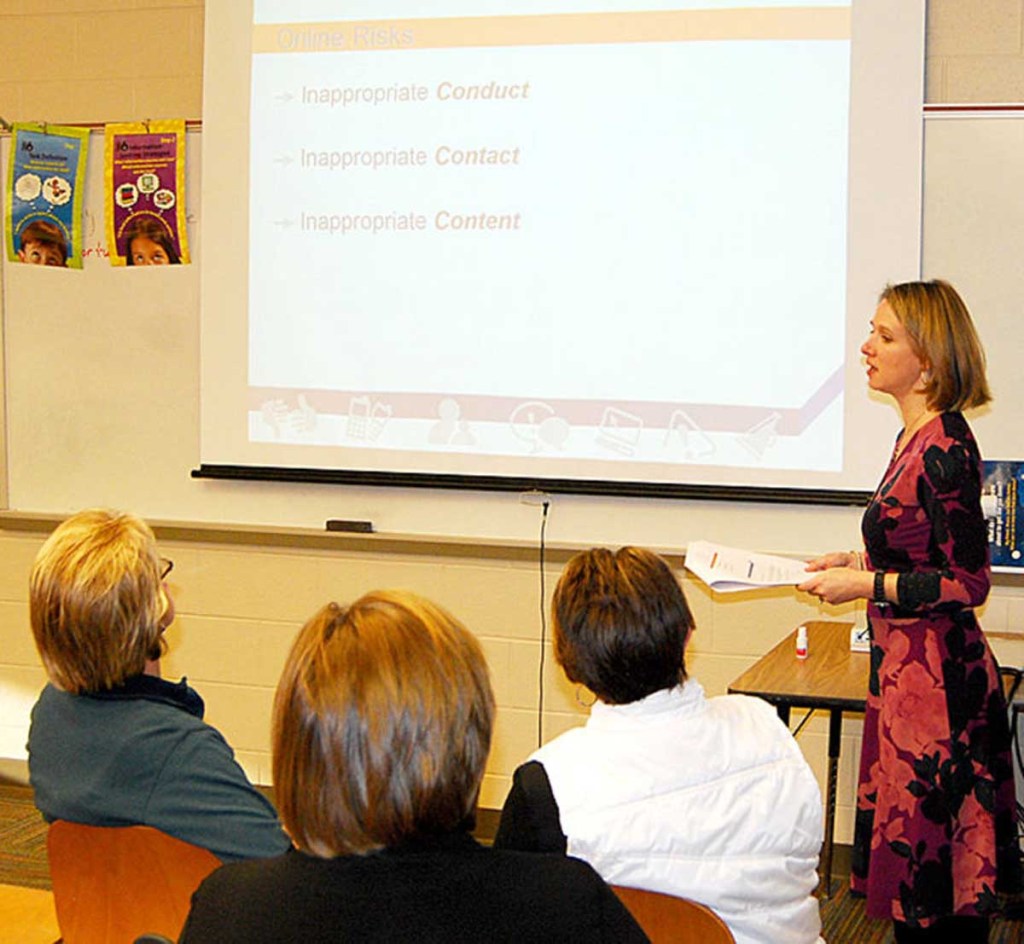Keeping kids safe in cyberspace
Published 10:24 am Thursday, March 17, 2011

- -internet workshop.jpg
The internet can be a wonderful resource for parents, teachers, and students. But, the internet also has its seedy side and protecting children from those dangers was the focus of a recent workshop held at Leeds Middle School.
Trending
Susan Hutto, librarian at LMS, presented the workshop based on OnGuard Online, which provides practical tips from the federal government and the technology community to help guard against internet fraud and to protect privacy. Hutto addressed some of the dangers of the internet, including cyberbullying, the threat of sexual predators and solutions to protecting one’s privacy online.
“It is easy when you are online to think we are anonymous. We can not forget that we are still accountable for our actions and the things we do online,” Hutto said.
The first step to helping children understand the realities of the online world is to put aside the technology and communicate the old fashioned way.
“The first step to protecting kids online is simply talking to them,” she said.
She added that the keys to successful communication on the top include: talking about it early as children learn how to use computers at a young age; create an honest environment where children feel comfortable asking questions even on potentially embarrassing topics; the parents should communicate their values and how they apply to online activity; and to be patient as some children, especially younger children, sometime need information multiple times before it is fully understood.
Hutto advised that younger students should have close supervision when it comes to online activity. As the student ages to the pre-teen ages, guided exploration of the internet would be appropriate. For teenagers, parents are dealing with more independent individuals with easy access to internet, even through cell phones.
“It’s important for teens to know that the things they do online have real-world consequences. Adults see offline and online socializing as two different things. But for kids, it is all just socializing,” Hutton said.
Hutto also said cyberbullying has become a real issue for children. She said the “bullies” have to understand that they cannot hide behind their words just because it comes in the form of an online post. For those being bullied, measures should be taken immediately to protecting themselves.
“Parents have to encourage their children to talk to them about what is going on online. If bullying is going on, parents should always save emails or other evidence, block the bully, and have any bogus profiles taken down immediately.
“We have to encourage our children to help stop cyberbullying by not passing on hurtful messages,” Hutto said.
Hutto also reminded parents that filters they use on their home computers and laptops can help steer their child away from inappropriate online material; however, those filters do not apply when it comes to using cell phones.


